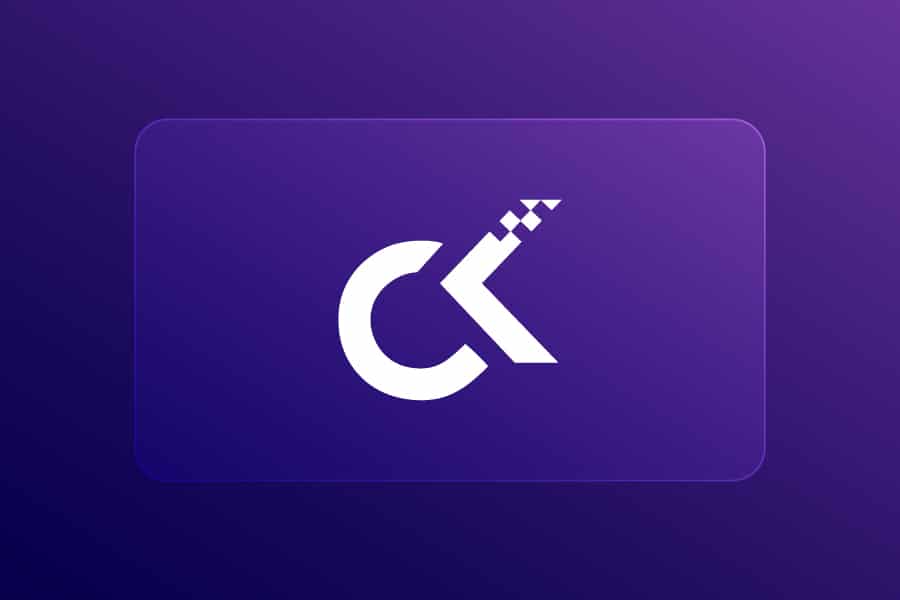Digital wallets are the new standard in financial transactions, no two ways about it. For the uninitiated, a digital wallet is a financial transaction application that can be used on mobile devices. It offers the convenience of a wallet without the hassle of carrying one. Most of us use at least one. One global survey found that over 60 percent of the global population would be using digital wallets by 2026. The Southeast Asian nations of Vietnam, Thailand and Philippines are likely to see the sharpest growth. And the cloud, in turn, will have a big role to play here.
Advantages of cloud-based digital wallets
The cloud is a major enabler of digital wallets. Cloud solutions not only enhance the existing features of digital wallets, but also lay the foundation for future innovation. They offer inbuilt data security, on-demand scalability and the ability to quickly perform intensive computing processes. Here is a detailed look at why cloud-based digital wallets are becoming so popular.
1. Ensures higher data security
Digital wallets contain sensitive personal and financial information of its users, making data security a prime requirement. Any data breach can cause havoc. While information is already encrypted within the application, cloud-based digital wallets benefit from the additional protection offered by the cloud’s inbuilt security features.
Remote virtual storage eliminates the need for physical servers and that considerably reduces vulnerability to disruption and disaster. Cloud solutions are usually built with more robust cyber security measures and are in compliance with important regulatory standards such as the Payment Card Industry Data Security Standard (PCI DSS).
2. Offers faster-processing speed
Transaction speed is an important differentiator for payment solutions as it directly affects consumer convenience. Credit cards became popular because swiping to pay was quicker than counting out bills, but it still takes time to authenticate and verify card payments on payment devices.
Digital wallets take that convenience a step further by harnessing the raw computing power of the cloud. The cloud’s processing speeds and ability to handle digital workloads far outstrips that of traditional physical servers, and that enables transactions made through digital wallets to be completed much faster, even on a large scale. Speed is particularly important, as digital natives take advantage of now-or-never deals.
3. Is flexible and convenient
Cloud-based digital wallets are not tied to any one device. Payment information is securely stored in a central virtual repository and any device that can run an app becomes a medium for the digital wallet. Smartwatches, smartphones and tablets are examples.
The flexibility offered by the cloud makes digital wallets an important contributor to the growth of contactless payment. Since they facilitate payments through everyday devices, people do not have to carry additional cash or cards, which is both safer and more convenient. Added security measures such as biometric authentication can prevent misuse even in the event of loss or theft.
4. Supports new technologies such as blockchain
The cloud can provide an ideal environment for the integration of new technologies, such as blockchain, into digital wallets.
Take the case of an airline customer of ours – A leading Singapore airline with a successful frequent flyer program, they planned to develop a digital wallet application for customers to convert airline miles to digital currency. However, it needed a secure, scalable solution to address the trust and security issues it was having in its existing setups with multiple partners. The digital wallet was to be developed on blockchain to safely store sensitive customer information and details via decentralisation. As a certified cloud partner of Microsoft Azure, Cloud Kientics was able to propose an Azure-based infrastructure for both the application and the blockchain layer of the digital wallet. The cloud’s elastic storage and high-performing data engine could provide enhanced scalability, reliability, security and support.
As a result, the world’s first blockchain-based, airline loyalty digital wallet application on Azure was created, earning the airline global acclaim and a steady, significant increase in adoption rates among merchants and customers alike.
Building the future of digital payments
Despite being relatively new to the payment scene, digital wallets are already set to overtake credit cards as the preferred mode of payment. This is especially true in countries like Singapore which is expected to see this happen as early as 2024.
Clearly there is a huge potential for growth in the digital wallet industry, especially when paired with the considerable benefits of cloud computing. And at Cloud Kinetics, we look forward to supporting the next standard of the payment industry!
Follow us on LinkedIn for more cloud updates.




